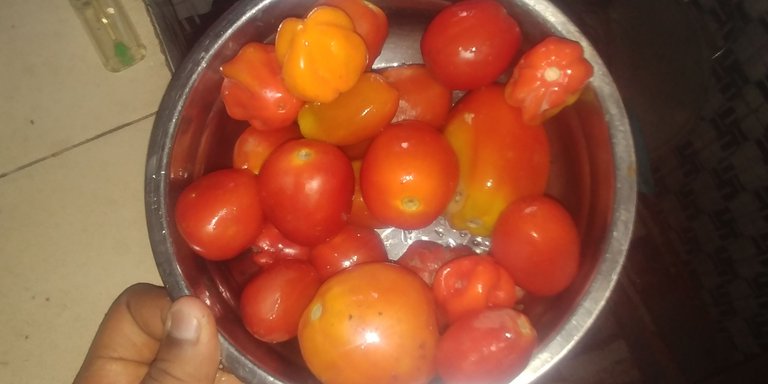Minimalist Living - What Does it Look Like?
When it comes to living a harmonious, minimalist lifestyle that's eco-friendly, I've picked up some helpful habits over time. I find having simple, consistent practices helps me stay on track day-to-day.
I start my mornings by taking a few minutes to breathe deeply and center myself. Finding stillness helps ground me in the present moment. I try to set a clear intention for the day ahead - how I want to show up and what I hope to accomplish. Having this sense of purpose and focus right from the start reduces my daily stress and promotes mindfulness.

I find I'm less reactive and more thoughtful in my words and actions when I take the time to get grounded at the start of each day.
Staying organized and keeping my home clutter-free is another essential practice for me. I aim to declutter different areas of my home regularly by sorting through and giving out or recycling anything unnecessary I've accumulated. This helps keep my space fresh, open and rejuvenated. Too much clutter easily accumulates for me, so doing a periodic purge of excess stuff I don't use prevents things from piling up. I feel cleared and re-centered after decluttering. It's freeing to let go of anything that's just taking up space so I can fully appreciate what remains.
One key habit I've developed is checking secondhand stores or websites first whenever I need to purchase something. Whether it's clothes, furniture, kitchenware or decor, buying secondhand allows me to get the things I need while avoiding unnecessary waste. Skipping all the shiny new items at regular retailers reduces my personal consumption since I'm acquiring pre-owned goods. I love giving quality pre-loved items a new home. The lower prices of secondhand goods is an added bonus.
I've also gotten good at asking myself "Do I really need this?" whenever I'm tempted to buy something new. This helps me determine if it's a true need or just a fleeting want. I ask myself how much use will I realistically get from this item? Do I already own something similar that could serve the same purpose? Could I borrow this item from a friend or library instead of purchasing? This intentional questioning makes me a more mindful consumer and curbs impulse purchases that end up just cluttering my home.

Using reusables instead of disposables has become second nature. I always have reusable shopping bags, water bottle, coffee mug and food containers with me. Saying no to single-use plastics and opting for reusable options instead avoids so much needless waste. This small shift away from throwaway culture is one I'm happy to make. Making reusables part of my daily routine is a simple way to lower my environmental impact.
When it comes to eating, I aim to keep my diet plant-based several times a week. Focusing meals around vegetables, fruits, whole grains, beans, lentils and nuts has a much lower environmental impact compared to meat-heavy diets. I feel healthier eating light, produce-rich foods too. Having some meatless days is beneficial for me and the planet.

In addition to these larger lifestyle choices, I try to adopt energy-saving habits around my home. Simple practices like turning off lights when leaving a room, air drying clothes rather than machine drying, taking short showers, and unplugging appliances and devices when not in use help minimize my energy usage. I appreciate these small ways to conserve resources.
When clothes get worn, I've learned basic mending skills to extend their life rather than discarding them. A few simple stitches can go a long way. Finding ways to repair helps me get the maximum use out of belongings I already own.
Living light and sustaining a minimalist, eco-friendly lifestyle does demand some level of commitment. But taking small, consistent steps towards sustainability has a big impact over time. My regular rituals of intention-setting, decluttering, secondhand shopping and more bring me satisfaction along with the mental clarity of living simply.
Letting go of excess not only benefits the planet, but nurtures my own joy and peace. Life feels less rushed and stressful when I'm not overwhelmed by clutter and meaningless consumption. Free from distraction, I can focus on connections, adventures and passions that matter. Walking more gently on the earth aligns with my deeper values of mindfulness, generosity and conscious living.
This journey of sustainability is ongoing, but simple practices keep me on a minimalist path that nourishes both myself and the planet. I feel good knowing even small habit changes make positive ripples. Adopting rituals that support intentional living allows me to find harmony and walk more lightly each day.
All images are mine
I practice most of this as well.
But you put it so simply and understandably.
Well written piece :)
Decluttering? secondhand shopping? plant-based eating? Girl, you really took consumerism and environmental consciousness seriously. It's clear that your efforts are not only about reducing physical clutter but also about creating mental clarity and space for what truly matters. And I'm so glad to see how you've found satisfaction and balance through your regular rituals and habits.